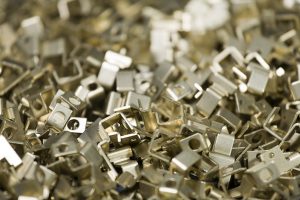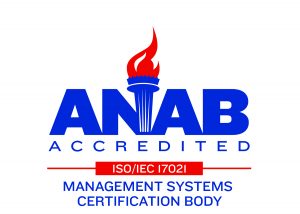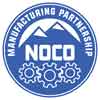A wide range of industries utilize precision metal stamping to create and produce quantities of products and parts—with a high degree of accuracy, speed, and precision. A custom-designed set of tool and die are installed into a stamping press, which then “stamps” the desired output from a coil of sheet metal. Precision metal stamping is ideal for projects that require a high volume of complex parts. Successful metal stamping relies on highly experienced toolmakers and innovative die processes, which makes it one of Metalcraft’s specialties.
Metal Stamping Processes
Custom jobs in the precision metal stamping process form shapes out of coils of flattened sheet metal. Depending on the tool and die required, output can be custom produced with bending, punching, tooling, coining, embossing, notching and flanging.
The production run isn’t even the hard part—the design phase is the most important. Technicians and designers work closely with clients, using computer-aided design (CAD) software to create the desired part as accurately as possible. Depending on the requested volume of output, there are long-run progressive die stamping jobs and short-run die stamping jobs. Larger production runs realize greater economies of scale for clients.
Who Utilizes Precision Metal Stamping?
Cars
One of the most common examples of utilizing precision metal stamping is the automotive industry. Components like latches, fasteners, clips, and clamps are used throughout the body and frame of cars.
Construction
Many common power tools such as drills, saws, cutters, and jobsite tools utilize parts created by precision metal stamping. When you consider the amount of brands, sizes, powers and strengths of the millions of tools on the market, it’s easy to see why sheet metal fabrication is a high-demand service. Additionally, many of the brackets and plates used in the framing process are produced by precision metal stamping.

Interior Hardware
DIY home projects have become wildly popular. Ceiling fans, lighting fixtures, customized switches, door & lock assemblies, and cabinet pulls all include parts and pieces derived from precision metal stamping and fabrication. Additionally, there are multiple parts and pieces produced that go into all of our appliances, such as refrigerators, dishwashers and stoves.
Benefits of Precision Metal Stamping
For metal manufacturers, precision metal stamping is a standard process—but it includes many benefits for the client including lower die cost, secondary costs, and a high level of automation. Done right, jobs can be completed cheaper, with fewer technicians, and with more accuracy than other metal forming techniques.






